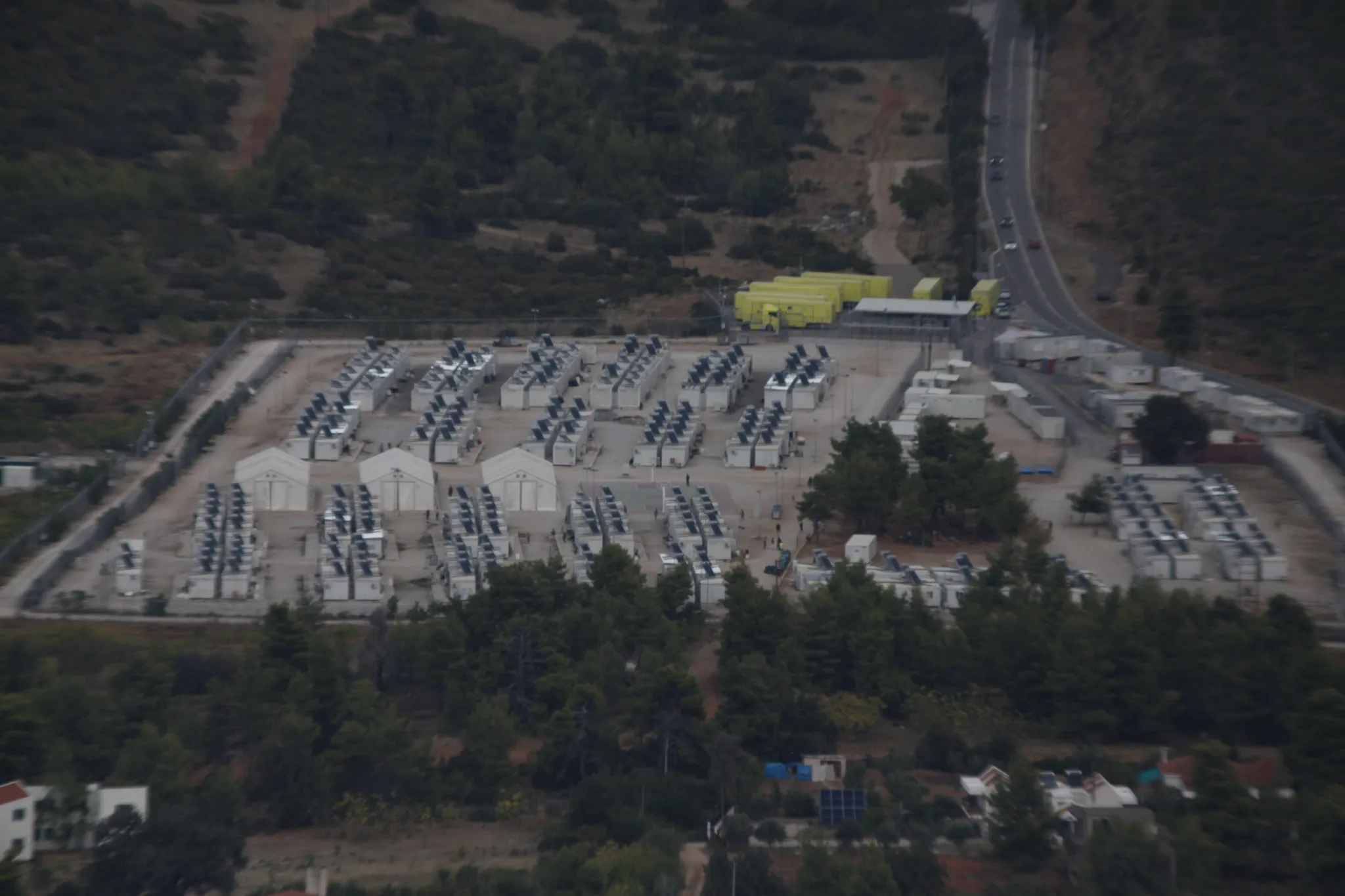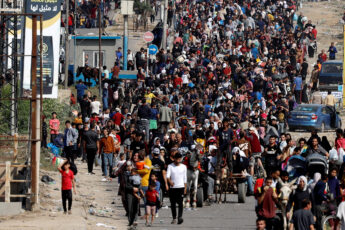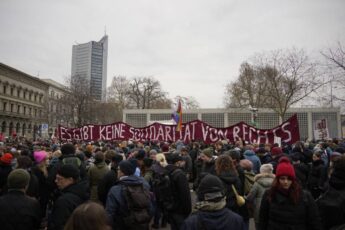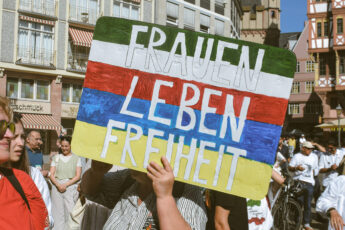
by Siyavash Shahabi via The Fire Next Time
I followed the recent decision of the German Federal Constitutional Court closely—because it’s not just about one case. It’s about a system that people like me live under every day. The case was about an Afghan refugee who had already received protection status in Greece. He went to Germany, applied for asylum again, and was rejected. He argued that being sent back to Greece would mean being left without housing, income, or access to basic needs—things many of us already know are absent in practice, even if they’re promised on paper.
The German court disagreed. They ruled that because he could survive through “informal employment”—what’s known on the street as black work—his deportation was acceptable. They didn’t deny that he’d likely have no access to housing, healthcare, or state support. But they said that didn’t meet the threshold for inhumane treatment under the law.
In other words: it’s legally permissible to send someone into a situation where the only way to survive is through undeclared, illegal, and exploitative work—so long as they don’t literally die from it. That’s not a distortion of the system. That is the system.
What the German Court Made Legal
As someone who’s lived in Greece as a refugee, I’ve seen what black work means in real terms. It means waiting every morning for a minibus to pull up outside a camp. It means being taken to a field, a kitchen, a house, or a construction site and working long hours for a fraction of minimum wage—if you’re paid at all. It means keeping your head down, not complaining, not asking for protection, because you’re always one step away from being reported or detained. And now, with this court ruling, Germany is saying all of this is not just tolerable—it’s legally acceptable.
The court’s decision fits into a broader pattern of how the EU treats people it doesn’t want to protect. Refugees are not being integrated; they are being redirected, outsourced, and held at the edges of the Union—particularly in countries like Greece. The Dublin Regulation makes sure of that. It forces people to stay in the first country they entered, even if that country offers no real support. It turns Greece into a warehouse of unwanted people for richer states that want to maintain their image without taking responsibility.
The German court could have taken a different path. It could have recognized that sending someone back to destitution under the label of “protection” is a contradiction. Instead, it chose to uphold a policy logic that says: if you can survive by working illegally, then you don’t need rights. If your suffering is managed by another member state, then the system has done its job.
Legal Framework and Penalties
In Greece, undeclared labor is widespread, especially in sectors like agriculture, construction, tourism, domestic work, and food service. For many refugees and migrants, particularly those without stable documentation or access to formal employment, it becomes the only available means of survival. But despite its prevalence, black work remains illegal under Greek labor law and can carry serious consequences for both workers and employers.
According to Greek law, all workers must be registered with the Unified Social Security Fund (EFKA) and have a legal employment contract. Employers are required to declare each hiring and ensure contributions to social security. Failure to do so constitutes a labor law violation and is punishable by heavy fines. The fine for employing an undocumented worker can exceed €10,000 per person, and employers may face criminal charges if the violation is repeated or connected to human trafficking or labor exploitation.
For workers, however, the legal landscape is harsher and more ambiguous. Refugees, asylum seekers, and undocumented migrants working without contracts or social insurance are not only unprotected but also criminalized. If caught, they risk detention, deportation, or loss of their asylum rights, even if they were working out of necessity. The law doesn’t distinguish between exploitative conditions and basic survival—any undeclared work can be grounds for legal action.
Structural Push to Informality
We’ve seen it up close. Refugees and migrants in Greece are being pushed into undeclared labor—black work—because the legal system is structured to exclude them. They are not “falling through the cracks”; they are being systematically funneled into an economy that depends on invisibility, disposability, and exploitation.
In agriculture, construction, domestic work, and hospitality, undocumented labor is the rule, not the exception. Refugees, even those with formal protection status, are routinely denied access to legal employment because the bureaucracy either delays or obstructs the documents they need—AMKA (social security), AFM (tax number), residence permits. Employers take advantage of this, offering jobs off the books, without contracts, without rights. Most of the people we work with don’t choose black work—they are blocked from anything else.
Once inside this system, the risks are constant. Workers report being paid far below minimum wage, if they’re paid at all. Some go weeks or months without pay, only to be threatened with deportation or violence when they ask for what they’re owed. Many are made to work 10 to 12 hours a day, seven days a week, in unsafe conditions: using chemicals in the fields without protective gear, lifting heavy loads on construction sites with no insurance, cleaning homes and caring for the elderly under surveillance and threat. There is no labor inspector, no complaint mechanism, no appeal. Going to the police is not an option—it can mean arrest, detention, or worse.
Women are even more vulnerable. In domestic and caregiving work, abuse is widespread. Sexual harassment and violence are common, and many women fear retaliation or deportation if they speak out. The state provides no meaningful protection. NGOs and mutual aid networks are doing what they can, but without systemic change, we’re just plugging holes in a sinking ship.
At the same time, the visibility of black work is used politically. Right-wing parties and even centrist governments point to undeclared migrant labor as proof of “failure to integrate” or “threats to public order.” But the reality is the opposite: the system forces people into illegality and then punishes them for being there.
When the German Federal Constitutional Court ruled that deporting a refugee back to Greece was acceptable because he could survive through undeclared work, it wasn’t just a legal decision—it was a political one. The court effectively endorsed a system that tolerates and reproduces exploitation, as long as it stays out of sight. It sent a clear message: survival is your responsibility, not our obligation. That ruling confirms what many of us already know—Europe’s asylum system is no longer about protection, if it ever was. It’s about containment, outsourcing, and denial.





